Life
Sign up for our newsletter
We summarize the week's scientific breakthroughs every Thursday.
-
 Animals
AnimalsHow a new Lyme vaccine for mice may protect people
A vaccine, distributed as pellets, can neutralize Lyme-causing bacteria in wildlife. Scientists hope it will reduce Lyme exposure for people and pets.
-
 Plants
PlantsA hunt for fungi might bring this orchid back from the brink
Identifying the fungi that feeds the Cooper’s black orchid in the lab may allow researchers to bank seeds and possibly regrow the species in the wild.
-
 Plants
PlantsSoil microbes that survived tough climates can help young trees do the same
Trees grown in soil with microbes that have survived drought and high or low temperatures have a better shot at survival when facing the same conditions.
-
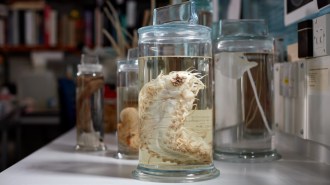 Life
Life5,000 deep-sea animals new to science turned up in ocean records
Scientists compiled a list of animals unknown to science that live in a deep-sea Pacific Ocean ecosystem targeted for mining exploration.
By Jude Coleman -
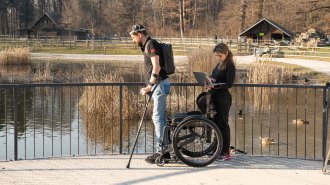 Neuroscience
NeuroscienceA brain implant helped a man with paralysis walk more naturally
A successful test of a system that restores communication between the brain and spine could ultimately help many people with paralysis.
By Simon Makin -
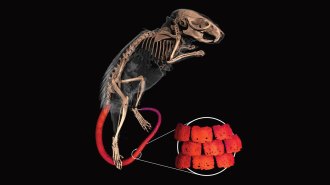 Life
LifeSpiny mice have armadillo-like armor in their tails
CT scans revealed the bony plates in the rodents’ tails. The hidden armor may protect against attacking predators or other spiny mice.
By Jake Buehler -
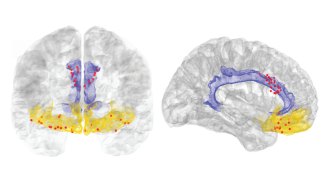 Neuroscience
NeuroscienceBrain implants have revealed a signature for chronic pain
Brain implants in four people with chronic pain gave researchers an inside look at the debilitating condition.
-
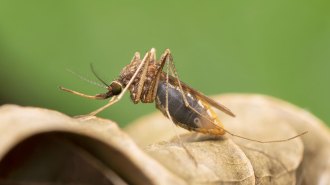 Life
LifeMicrowaving an insecticide restores its mosquito-killing power
Heated deltamethrin kills mosquitoes resistant to its usual form. Scientists are working to add the improved insecticide into bed nets.
-
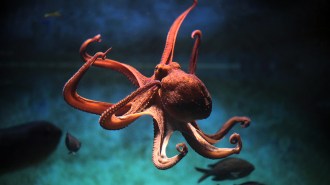 Animals
AnimalsOctopuses and squid are masters of RNA editing while leaving DNA intact
Modifications to RNA could explain the intelligence and flexibility of shell-less cephalopods.
-
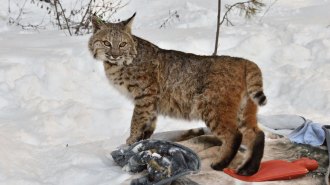 Life
LifeLarge predators push coyotes and bobcats near people and to their demise
Coyotes and bobcats hide near people when wolves, cougars and other large predators are close-by, putting the smaller carnivores at a higher risk of dying at human hands.
By Freda Kreier -
 Neuroscience
NeuroscienceA rare mutation helped one man stave off Alzheimer’s for decades
The brain of a Colombian man with an inherited form of Alzheimer’s may hint at ways to halt or slow the progression of the disease.
By Simon Makin -
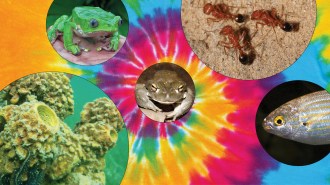 Animals
AnimalsThe Sonoran Desert toad can alter your mind — it’s not the only animal
Their psychedelic and other potentially mind-bending compounds didn't evolve to give people a trip.